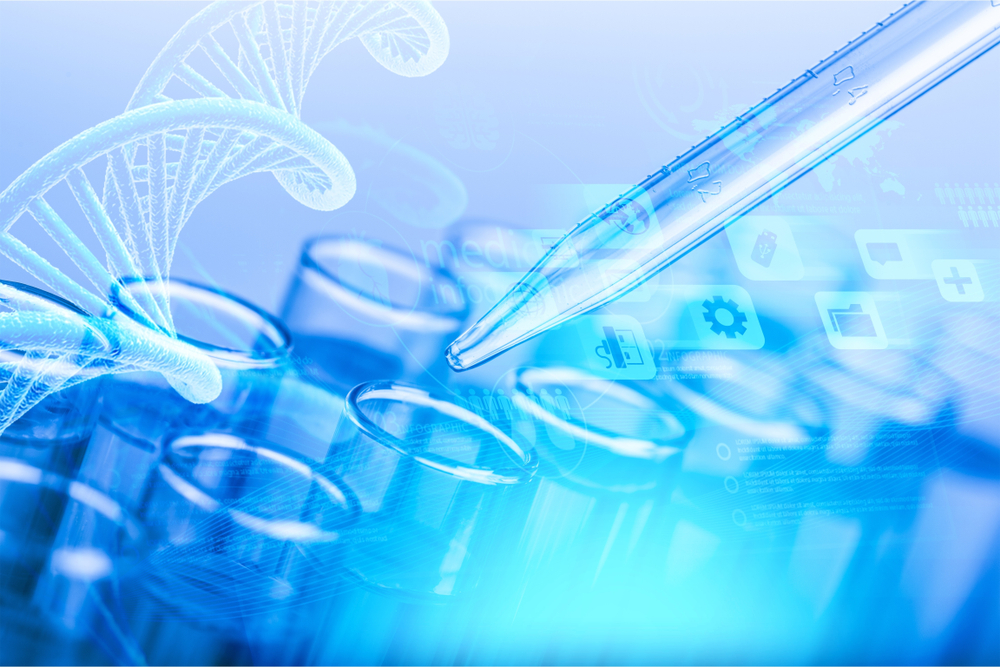Sarepta, Myonexus Collaborating to Advance Gene Therapies for LGMD
Written by |

Sarepta Therapeutics has established an exclusive collaboration agreement with Myonexus Therapeutics to develop five new therapies targeting various forms of limb-girdle muscular dystrophy (LGMD).
These include three clinical and two preclinical stage programs for the most severe and common forms of LGMD. With this partnership, Sarepta will expand its pipeline from 16 development programs to a total of 21.
“Our partnership with Sarepta reflects the teams’ mutual commitment to the commercialization of our LGMD product candidates and treating this debilitating and fatal set of diseases,” Mike Triplett, president and CEO of Myonexus, said in a press release.
Sarepta’s most advanced therapy is MYO-101 designed to treat the underlying cause of LGMD type 2E, also known as beta-sarcoglycanopathy. In April, the U.S. Food and Drug Administration granted orphan drug status to MYO-101, which is expected to expedite its development and review as a treatment for LGMD2E.
Results of mouse studies showed that a single intravenous injection of the MYO-101 gene therapy increased the levels of beta-sarcoglycan protein in all muscles. Significant improvements in muscle fiber size distribution and mean fiber diameter were also seen in the animals. The treatment also decreased muscle scarring and fat infiltration, which are common in LGMD2E.
Animals receiving the gene therapy also showed several significant improvements in function, including increased diaphragm strength and resistance (required for normal breathing), reduced spine deformations, improved walking ability, and normalized cardiac output.
The companies are planning a Phase 1/2a study of MYO-101 in mid-2018, with top-line data on 60-day biopsy data to be announced in late 2018 or early 2019.
In addition to this gene therapy, Myonexus is also advancing MYO-102 for LGMD type 2D, MYO-103 for LGMD type 2C, MYO-201 for LGMD type 2B, and MYO-301 for LGMD type 2L.
All these therapies rely on the same delivery system, identified as the AAVrh.74 vector, which is also used by Sarepta for its micro-dystrophin gene therapy program in development with Nationwide Children’s Hospital for Duchenne muscular dystrophy.
“This [announced] partnership allows us to leverage our genetic medicine expertise beyond DMD and into new rare diseases in need of therapeutic options,” said Doug Ingram, president and CEO of Sarepta.
Under the terms of the agreement, Sarepta will pay $60 million up front, along with additional development-related milestone payments, and will have the exclusive option to acquire Myonexus at any time.
“Myonexus and its focus on gene therapy using the AAVrh.74 vector to treat forms of LGMD aligns brilliantly with our vision to emerge as one of the most meaningful global precision genetic medicine companies by focusing on the use of genetic medicine to improve the lives of those with rare fatal diseases,” Ingram said.





